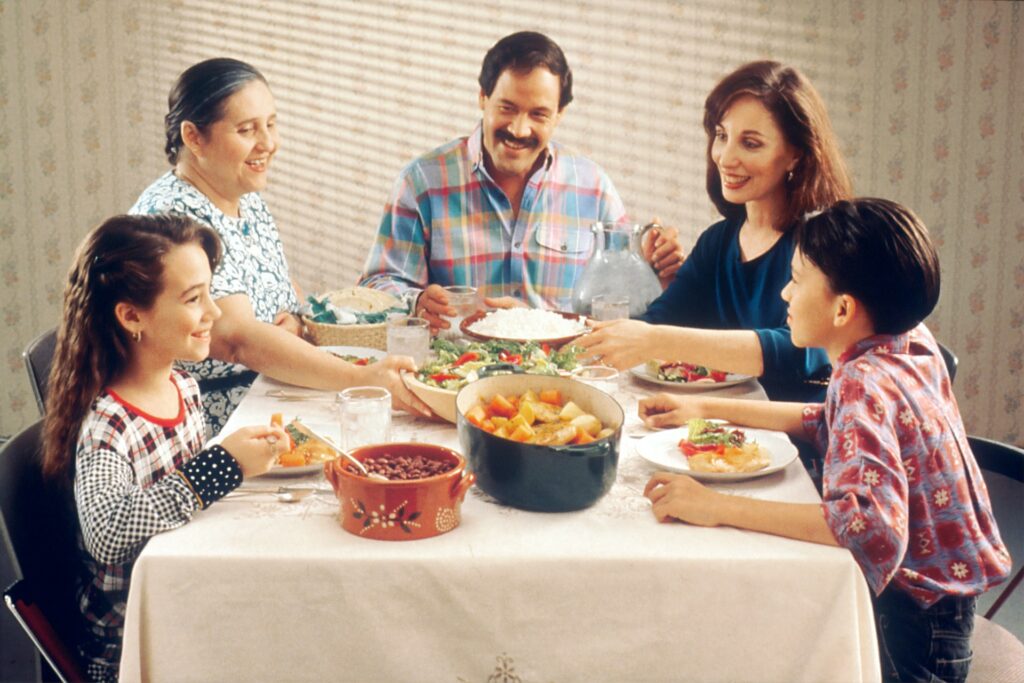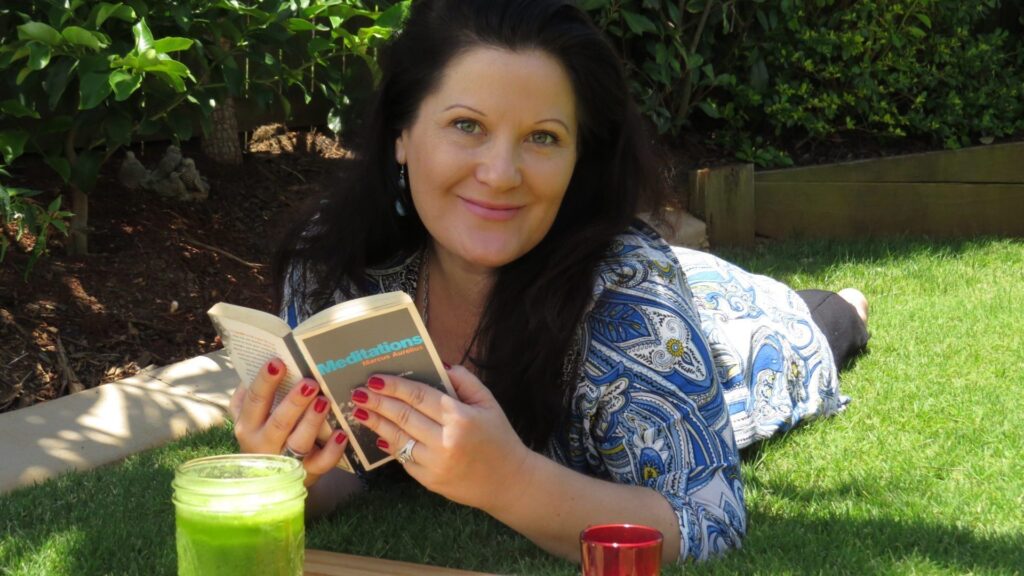Ensuring your child eats a balanced and healthy diet is an important part of being a parent. We all want our kids to grow up healthily and for them to enjoy food, so if you’re struggling slightly with your child’s eating patterns, it might be time for an intervention.
Whilst you can never have complete control, there are some simple steps you can take to encourage healthy eating habits for your child. If you can be consistent and implement these things from an early age, your child is more likely to be a happy and confident eater.
Eat as a Family
The first thing you can do is eat together as a family. When you get your family together and all eat at the table, eating becomes an important part of the day. Life can get in the way sometimes and the easier option is to rush meal times to get onto other things, yet when you make time in your routine for the family to eat at the table, you may notice significant behavioural attitudes, as well as improved attitudes towards food.
Turning off the tv and all eating together, whilst catching up on the day, will teach children that mealtimes are valuable and important. Also, some children either eat very quickly or very slowly, but when they are eating and interacting with other people who perhaps eat at a more normal pace, they are likely to duplicate that behaviour.
Also, ensure the meals you are eating as a family are healthy. Aim to make each breakfast, lunch and dinner that you eat at home healthy and nutritious, then add a few treats for meals out, puddings and snack times.
If eating healthily becomes a normal part of life for the whole family, your child is likely to respond to this and build lifelong positive eating habits.
Don’t Pressure Them Too Much
If your child doesn’t want to eat something, there is only so much you can do. You can try a few things such as involving them in choosing the fruit or vegetables for the week, or baking healthy cupcakes with them. This will help your children to gradually get used to trying different things.
If you are at a point where your little one really doesn’t want to eat something, pressuring them into eating it may damage their relationship with food. When they say they are full, you have to trust them and believe they will eat if they’re hungry. This may seem unusual, but it is a much healthier way of improving eating habits rather than forcing food on them.
The best possible thing you can do is pack as many nutrients as possible into the portions they are eating. For example, when you make pasta and meatballs, create a pasta sauce that is packed with tomatoes, onions, garlic, spinach, basil, peppers and carrots. Cook the sauce until all the vegetables are soft and blend really well to create a nice smooth sauce. Add it to the pasta and your little ones won’t notice any difference to your usual pasta sauce, but it will be full of essential vitamins and minerals to keep them healthy.
Avoid Using Food To Reinforce Behaviours
Finally, try not to use food as either a reward or a punishment.
Whilst the occasional treat isn’t the end of the world, if you are proud of something your kids have done, regularly implementing food into your parenting techniques may lead to bad eating habits. Perhaps your child is misbehaving and you tell them they can have a packet of crisps or a biscuit if they behave better. Or, maybe you say you can only have pudding if you eat all of your dinner. There isn’t any judgement here at all, as it is part of our natural instinct to do what we can to encourage our children to behave well or do their best. Yet, this can unknowingly lead to unhealthy habits.
When unhealthy food is used as a reward, it has been suggested that children grow to admire high sugar, salt or fat foods. This is because they associate the foods with something positive, being the reward. Alternatively, it can instigate the idea that bad behaviour leads to something good, which can also be dangerous. Whilst this isn’t the case for everyone, if you are noticing you are regularly using food to reinforce behaviour, try adjusting this slightly to ensure your child has a healthy relationship with food.
Featured image by National Cancer Institute on Unsplash.
Author:
Daisy Moss
Daisy Moss is a freelance writer specialising in eco-friendly living, with a passion for healthy eating, zero-waste lifestyles and multivitamins. When she isn’t writing, you’ll probably find her enjoying a good novel with a cup of tea!
DOWNLOAD OUR COURSES GUIDE
Learn More About Our Course Offerings and Discover Which New Wellbeing Career Best Suits Your Passion!








